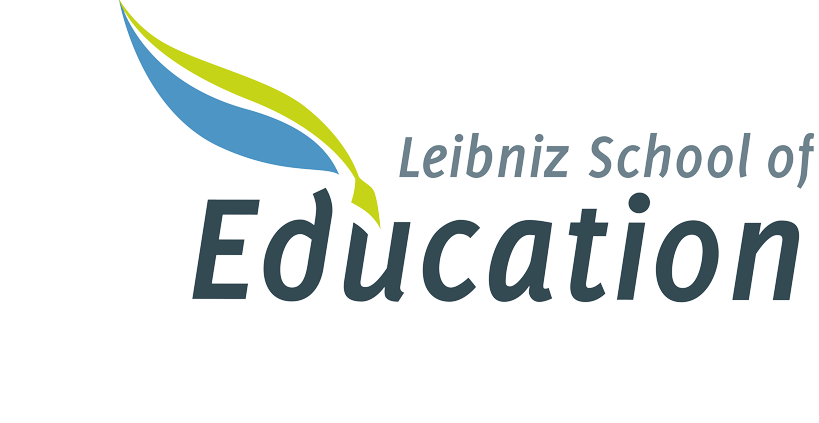![[Translate to English:] Schaubild zum Leibniz-Prinzip, in dem das Handlungsfeld 3 hervorgehoben ist](https://www.lse.uni-hannover.de/fileadmin/_processed_/4/5/csm_HF3-Kreis_ab4b62468d.jpg)
![[Translate to English:] Schaubild zum Leibniz-Prinzip, in dem das Handlungsfeld 3 hervorgehoben ist](https://www.lse.uni-hannover.de/fileadmin/_processed_/4/5/csm_HF3-Kreis_86005d7d06.jpg)
![[Translate to English:] Schaubild zum Leibniz-Prinzip, in dem das Handlungsfeld 3 hervorgehoben ist](https://www.lse.uni-hannover.de/fileadmin/_processed_/4/5/csm_HF3-Kreis_723816da82.jpg)
In the third field of action the following four work brackets are being executed:
Reorientation of the contents of Internships: focussing the content on heterogeneity, inclusion and achievements; creation of tandems or small groups for the preparation and reflection of the internships
Development and implementation of subject-specific study and practical experience days: for the exchange of faculty and students from universities, schools and seminars; development of digital formats for dissemination
Development and implementation of the mentoring programme: organization of the programme in a standardized and evidence-based form, in cooperation with schools and seminars
Establishment of ‘Leibniz School Connect’: for the centrally organized allocation of internship spots for the Bachelor and later Master degree courses; the impartation of international school internships
-
Prof. Dr Andreas Wernet & Dr Julia Labede, Institute of Educational Science
Starting the first school internship together? Students with different aspirations to become teachers in tandem internships
Dr. Julia Labede und Tjark Neugebauer
In view of the increased demands for interdisciplinary and inter-teaching cooperation in an inclusive school, a cooperative school internship is offered in the Bachelor's phase, in which students from the B.A. Special Education and the Interdisciplinary Bachelor's with teaching option each form a tandem. The focus of the joint school internship, which is framed in seminars by the Institute for Special Education and the Institute for Educational Science, is the observation and case-oriented reflection of inclusive teaching and cooperative pedagogical practices.
Constructions and Observations of Cooperative Practice - A Case Reconstructive Study
Dr. Julia Labede
The teaching research project is accompanied scientifically. Group discussions (tandem-related and cross-tandem) will be used to ask about expectations of and experiences with cooperative practice in university placements and schools. Pedagogical motives for action, patterns of interpretation and dispositions specific to the teaching profession, which can both enable and hinder the initiation of cooperation, will be worked out in a case-reconstructive manner.


